Early Taupo Road Memories
Original digital file
HollywoodG704_TaupoRdMemories.pdf
Non-commercial use

This work is licensed under a Attribution-NonCommercial 3.0 New Zealand (CC BY-NC 3.0 NZ).
Commercial Use
Please contact us for information about using this material commercially.✖
Can you help?
The Hawke's Bay Knowledge Bank relies on donations to make this material available. Please consider making a donation towards preserving our local history.
Visit our donations page for more information.

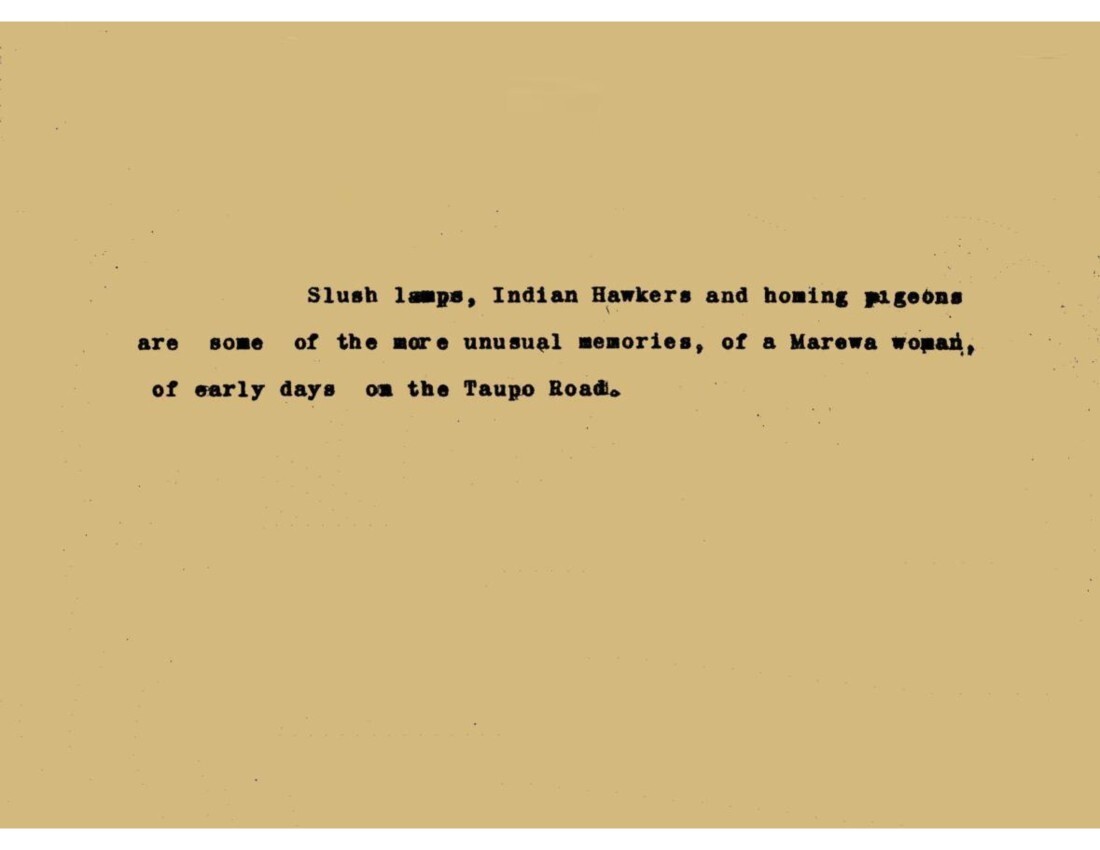
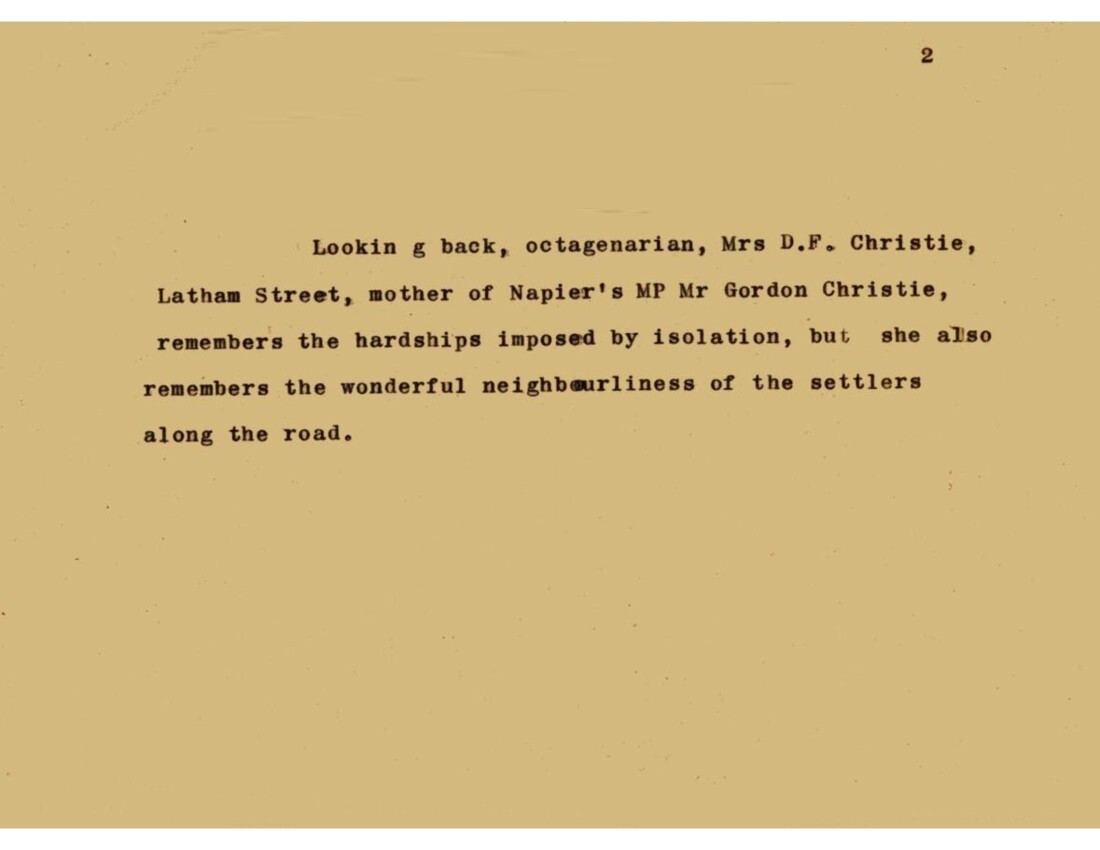
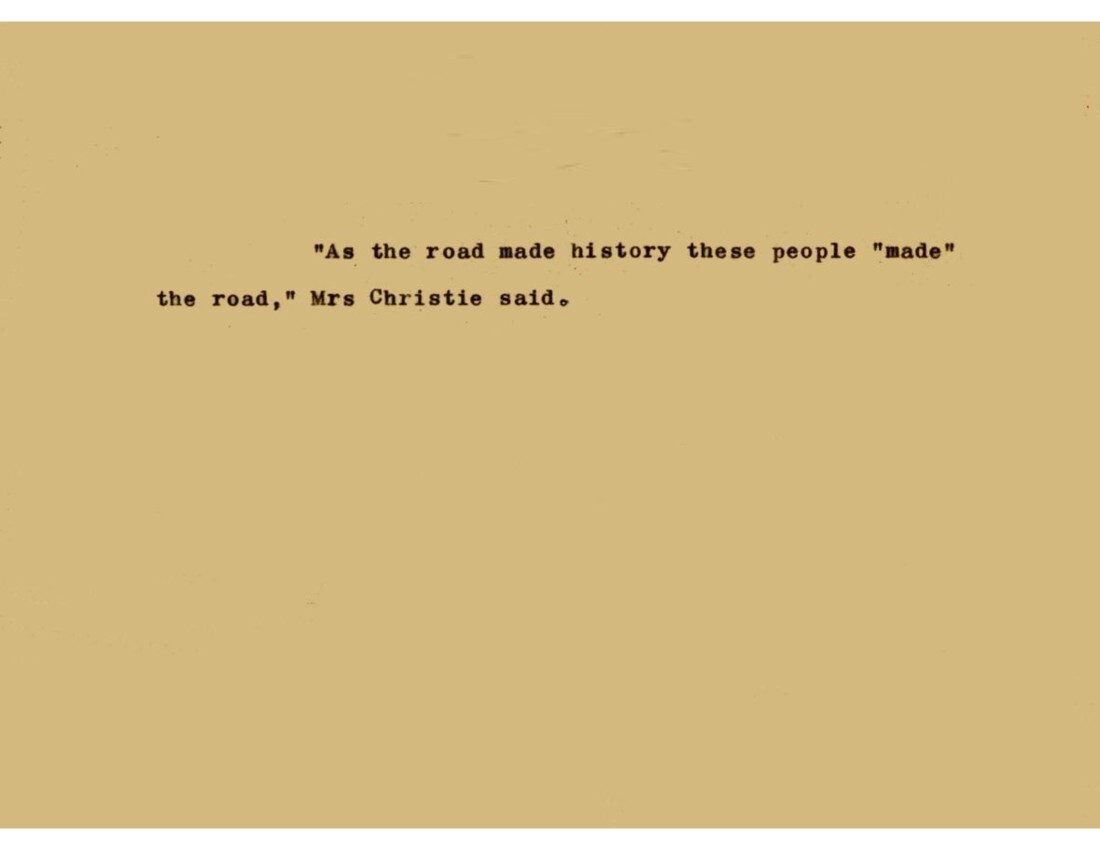
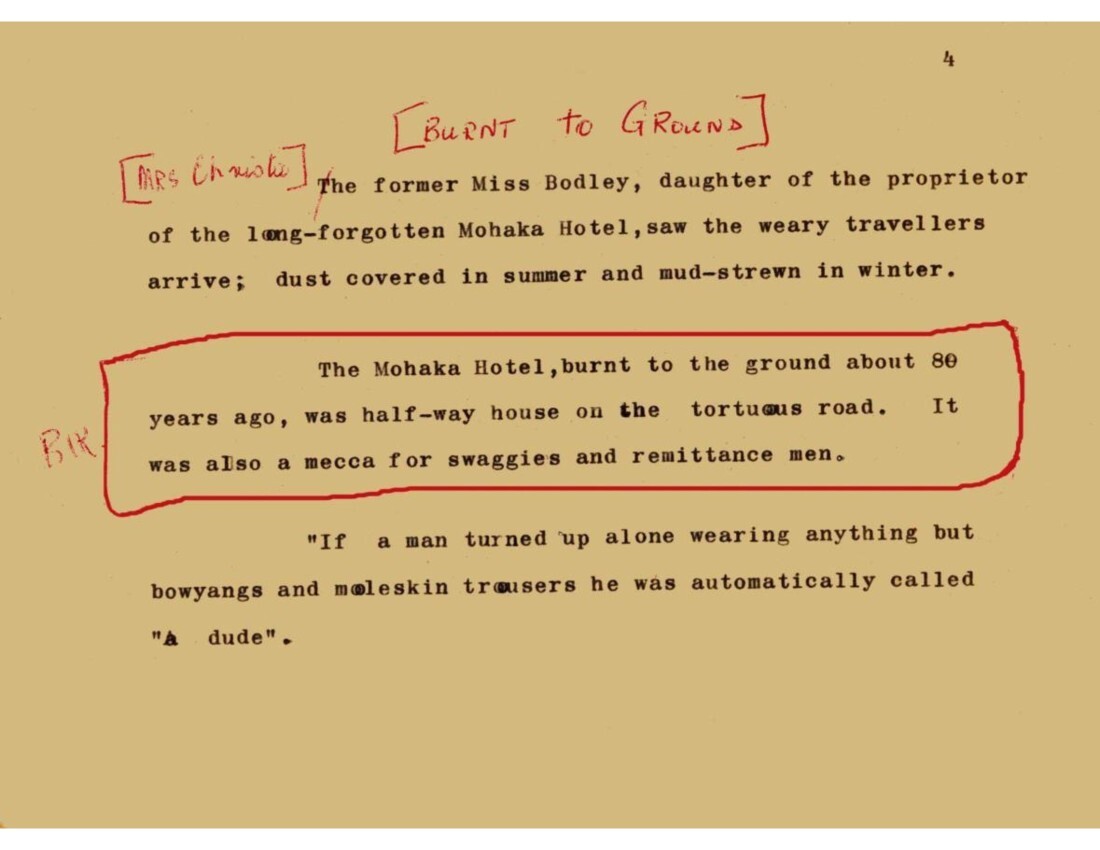
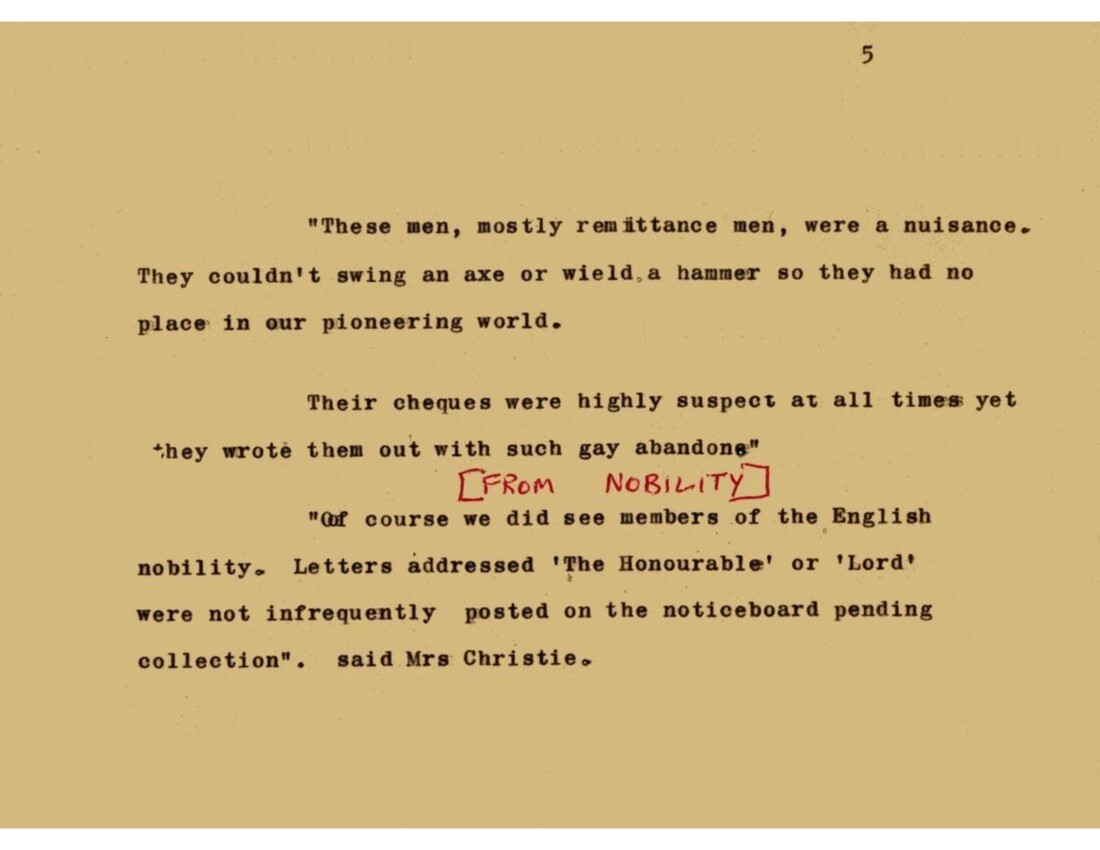
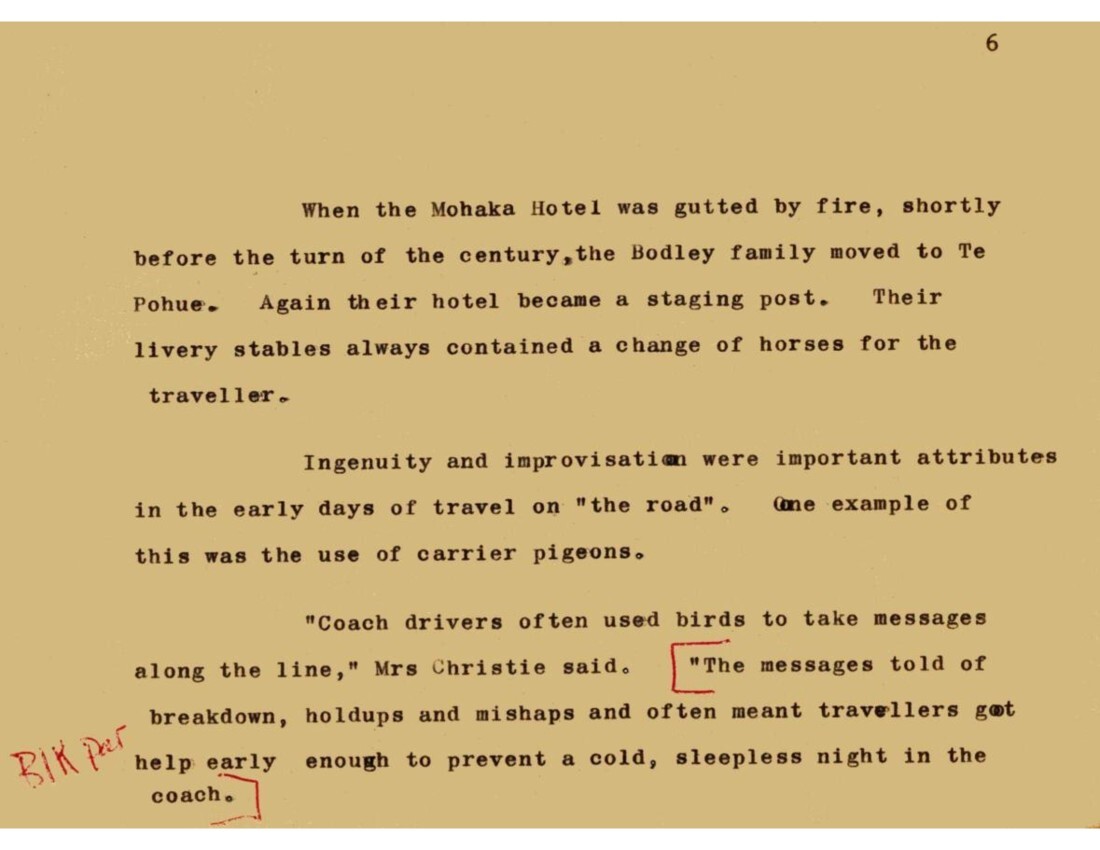
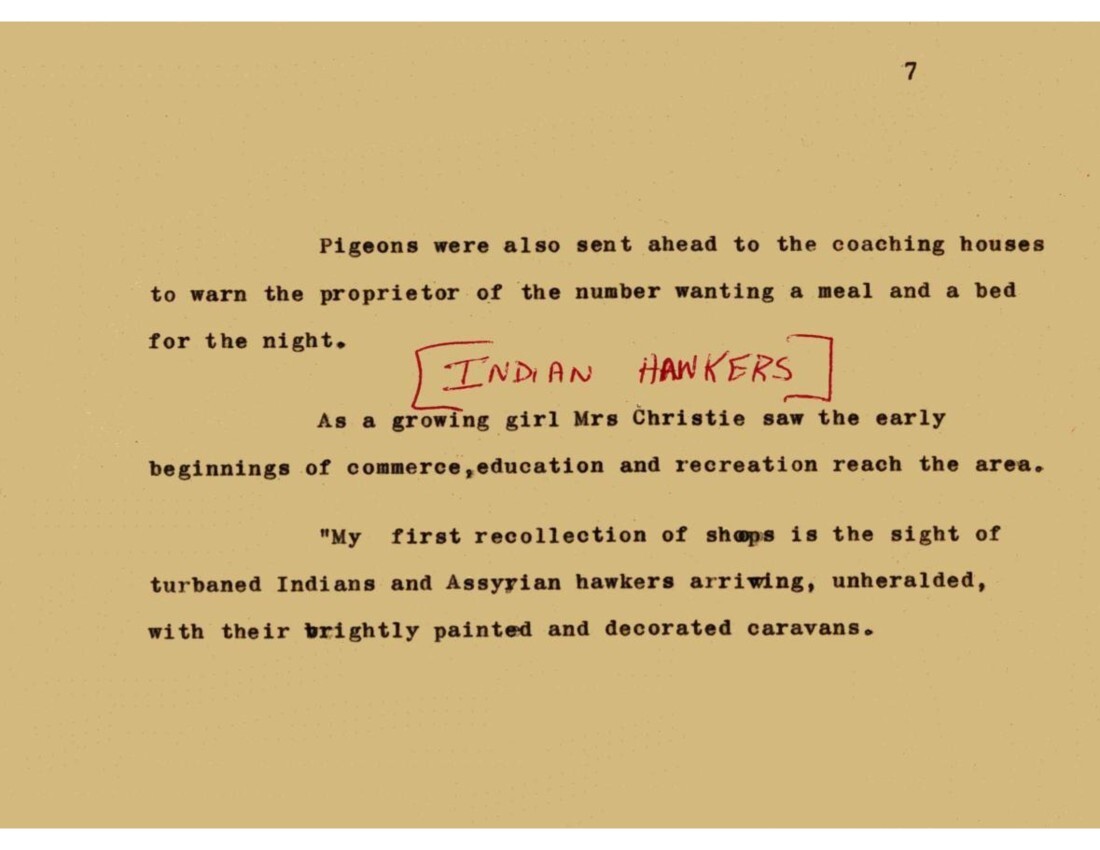
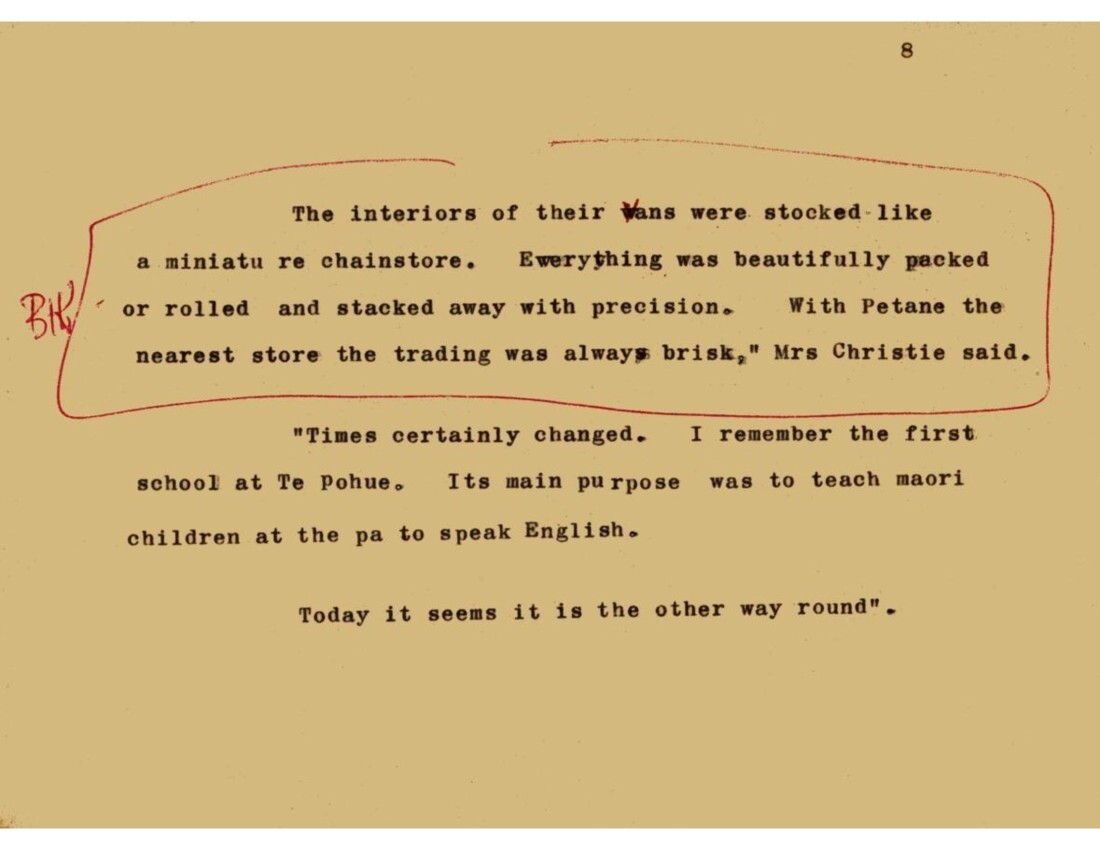
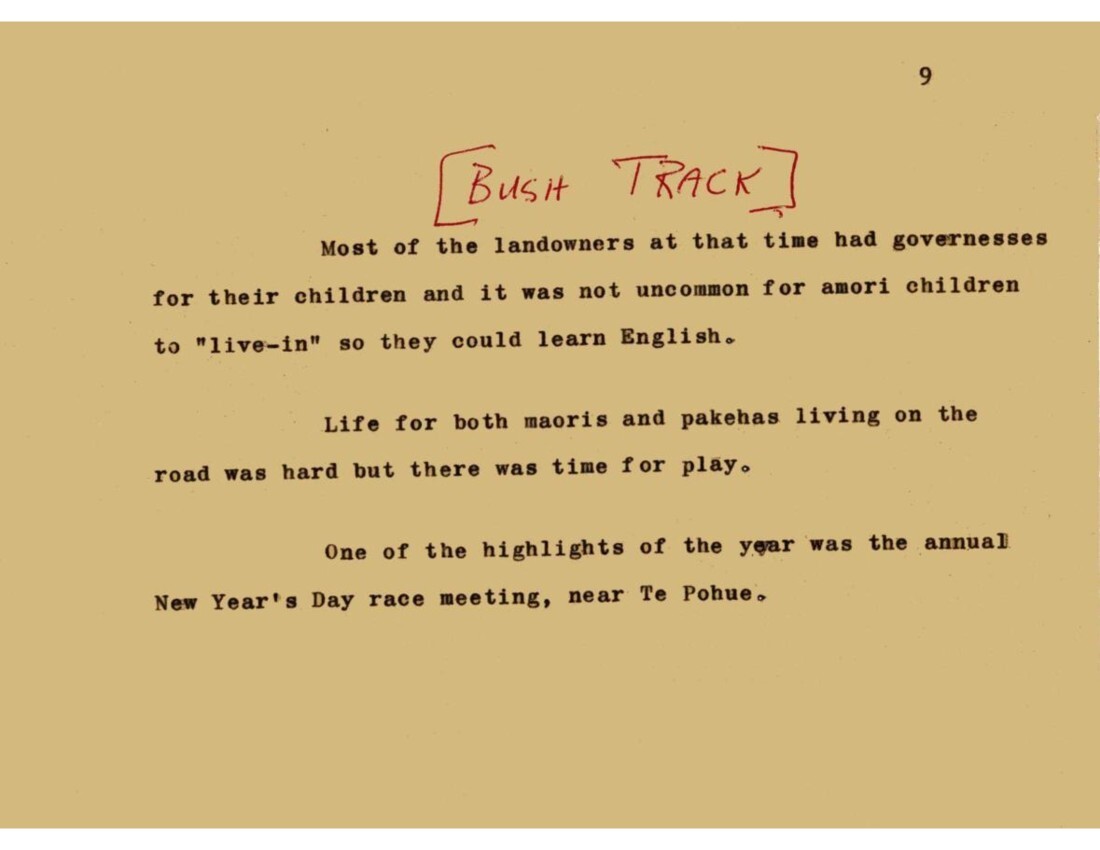
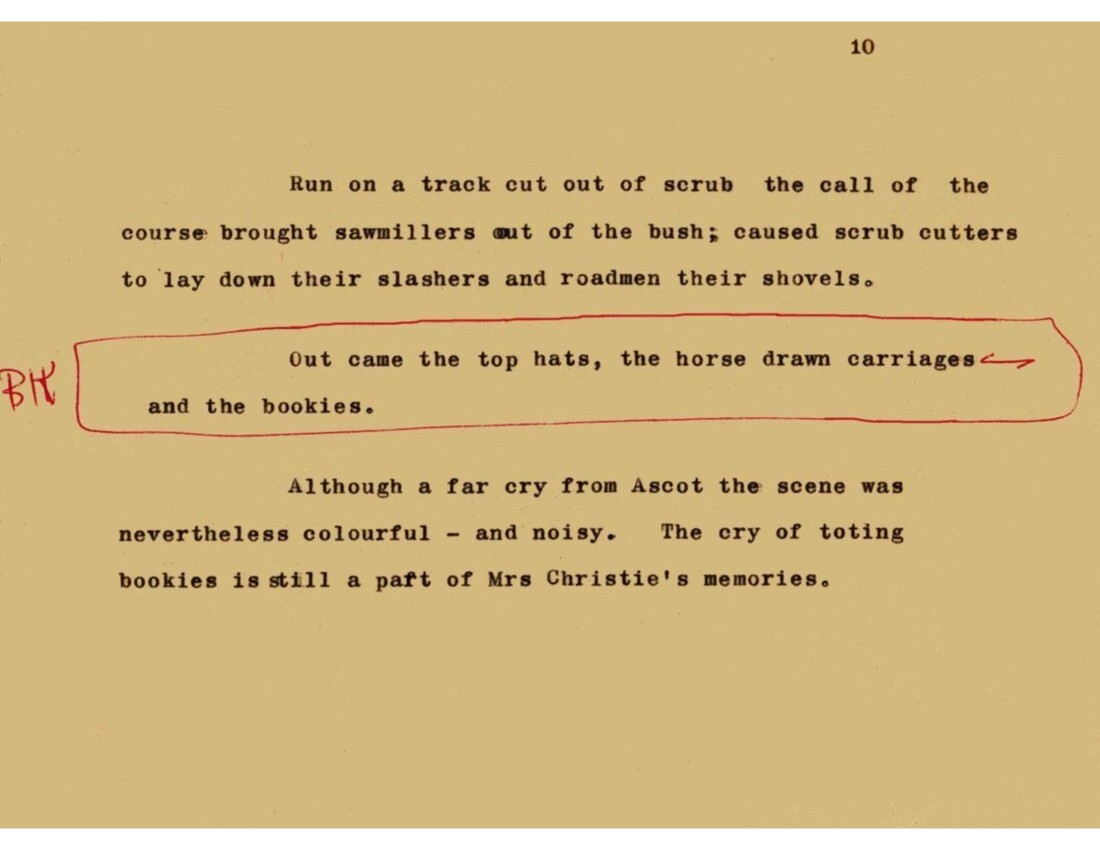
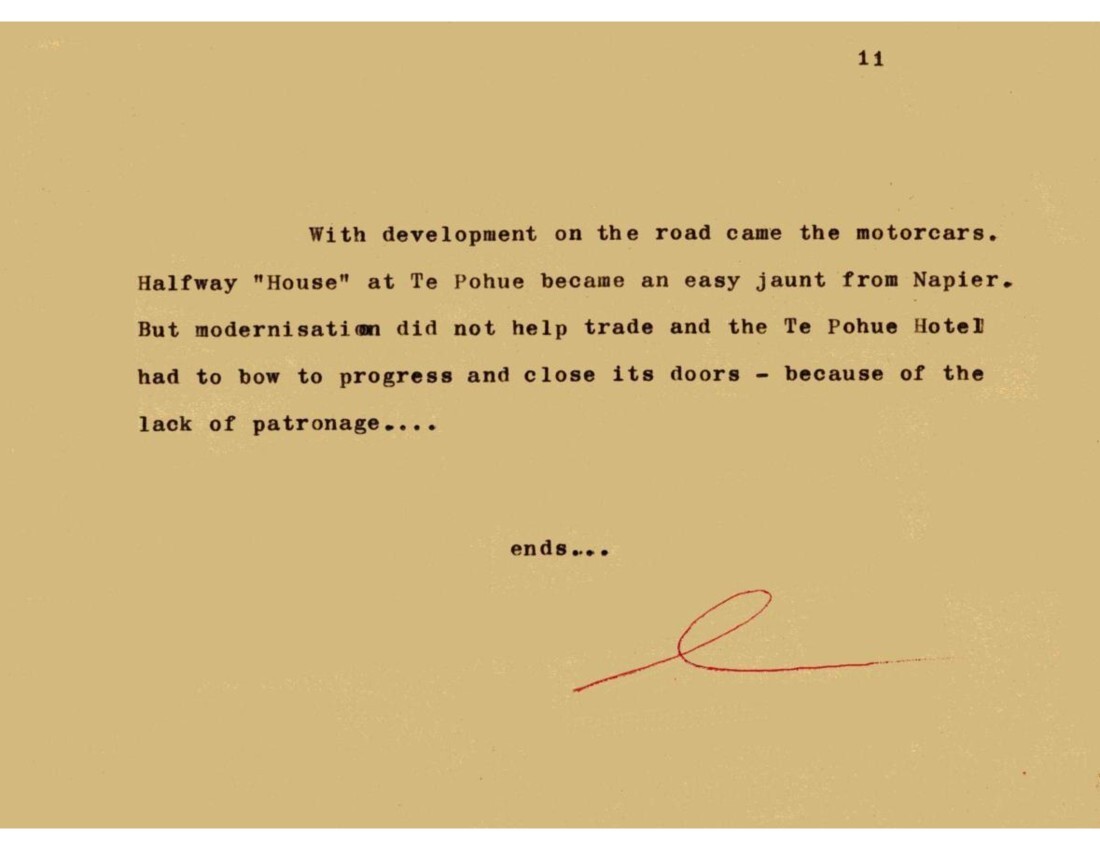









Do you know something about this record?
Please note we cannot verify the accuracy of any information posted by the community.